Revenue from 200 million VND/year or less is not subject to tax
In the latest draft of the Personal Income Tax Law (amended), the Ministry of Finance proposed to amend and perfect regulations on tax calculation methods for business income of resident individuals.
According to the draft law, business individuals with annual revenue of 200 million VND or less do not have to pay personal income tax. PHOTO: NGOC THANG
To implement the policy of abolishing lump-sum tax from January 1, 2026, personal income tax on business income is stipulated in the draft law as follows:
Firstly, individuals with production and business activities with annual revenue of 200 million VND or less do not have to pay personal income tax.
Second, personal income tax on business income of resident individuals with annual revenue above the level prescribed by the Government is determined by multiplying taxable income by the tax rate of 17%. In which, taxable income is determined by revenue from goods and services sold minus expenses related to production and business activities during the tax period.
"This regulation is equivalent to the regulation on corporate income tax for small and medium-sized enterprises currently stipulated in the Corporate Income Tax Law No. 67/2025/QH15: applying a tax rate of 17% to enterprises with total annual revenue from over 3 billion VND to no more than 50 billion VND," the Ministry of Finance explained.
Third, personal income tax on business income of resident individuals with annual revenue up to the level specified in the second content above is determined by multiplying revenue by the specific tax rate as follows:
Distribution and supply of goods: 0.5%; services and construction without contracted materials: 2% (except for asset leasing, insurance agency, lottery agency, multi-level marketing agency: 5%); production, transportation, services associated with goods, construction with contracted materials: 1.5%; activities of providing digital information content products and services on entertainment, video games, digital movies, digital photos, digital music, digital advertising: 5%; other activities: 1%.
The Government regulates and adjusts revenue levels to suit the socio -economic situation of each period.
"It's best to turn into a business"
Talking to Thanh Nien, tax expert Nguyen Ngoc Tu (Hanoi University of Business and Technology) analyzed that currently, business individuals applying the tax lump-sum method are having to pay two types of taxes: value added tax and personal income tax, both lump-sum based on revenue.
There are currently many incentive policies to encourage business households and individual businesses to convert into enterprises. PHOTO: DAN THANH
The amendment to the regulation as proposed by the Ministry of Finance is quite reasonable, because personal income tax will be levied on the profit. The important point is how to accurately determine taxable income.
"Individual businesses need to change their behavior, purchase goods with input invoices; separate living and business expenses such as store rent, electricity, water, gas, etc., and figure out how to include these expenses in the calculation.
Instead of buying goods from sources that do not issue invoices, individual businesses must gradually switch to buying from businesses, which costs more but is transparent. The selling price of products can be adjusted to compensate, as long as the business is profitable. This is a new step, but there needs to be specific guidance and roadmap for individual businesses to gradually adapt," Mr. Tu emphasized.
Supporting the proposal of the Ministry of Finance, Mr. Nguyen Van Duoc, Head of Policy Department of the Ho Chi Minh City Tax Consultants and Agents Association, General Director of Trong Tin Accounting and Tax Consulting Company Limited, analyzed that whether it is an individual business or an enterprise, it is necessary to ensure equality in fulfilling tax obligations.
"When applying the conversion as proposed by the Ministry of Finance, basically, individual businesses must also operate like enterprises, with clear inputs and outputs, and implement invoices, documents, and accounting regimes.
Currently, businesses are enjoying many preferential policies, for example, exemption of corporate income tax for small and medium enterprises for 3 years from the date of issuance of the first business registration certificate. Therefore, it is best for business individuals in this case to convert into enterprises," Mr. Duoc emphasized.
Mentioning the advantages of converting into an enterprise, according to Mr. Tu, enterprises pay taxes on profits, can carry forward losses within 5 years; reputation and brand are also better, convenient in doing business.
"However, besides the advantages, the business model requires a separate treasurer and accountant. There is no such thing as the husband being the director and the wife being the treasurer. It must be outsourced. Tax reports must be made and social insurance must be paid for employees. These factors will increase costs, so individual businesses must consider carefully. Only when they find it satisfactory can they gradually expand and convert," the expert noted./.
According to Thanh Nien Newspaper
Source: https://thanhnien.vn/ca-nhan-kinh-doanh-chiu-thue-suat-17-co-nen-len-doanh-nghiep-185250906121529608.htm
Source: https://baolongan.vn/ca-nhan-kinh-doanh-chiu-thue-suat-17-co-nen-len-doanh-nghiep-a202033.html


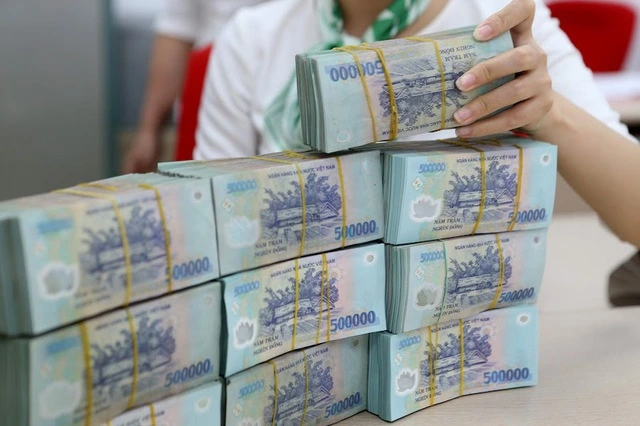
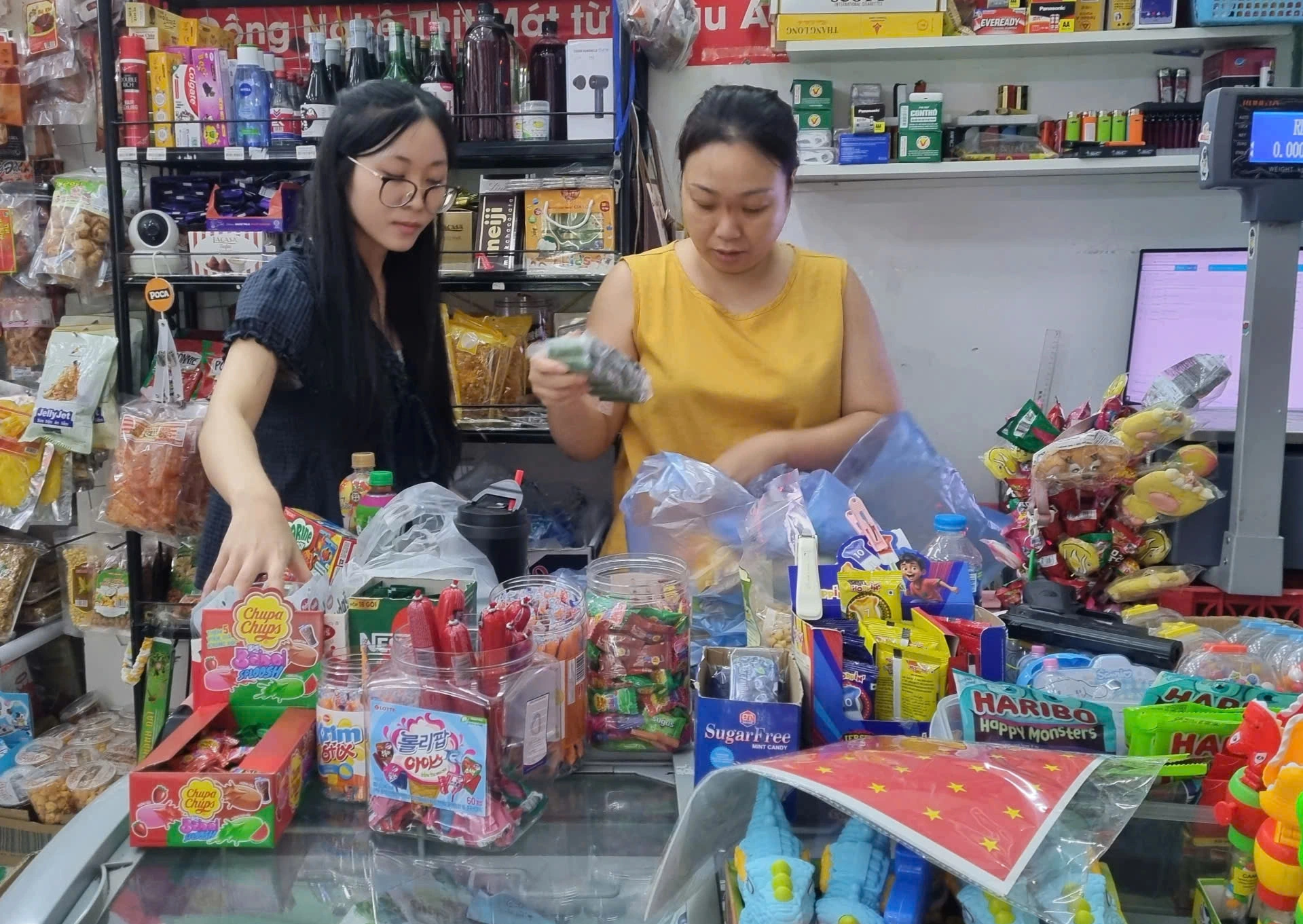
![[Photo] Nhan Dan Newspaper displays and solicits comments on the Draft Documents of the 14th National Party Congress](https://vphoto.vietnam.vn/thumb/1200x675/vietnam/resource/IMAGE/2025/10/26/1761470328996_ndo_br_bao-long-171-8916-jpg.webp)
![[Photo] Enjoy the Liuyang Fireworks Festival in Hunan, China](https://vphoto.vietnam.vn/thumb/1200x675/vietnam/resource/IMAGE/2025/10/26/1761463428882_ndo_br_02-1-my-1-jpg.webp)






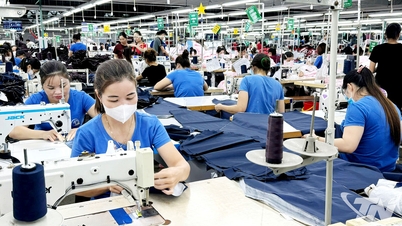



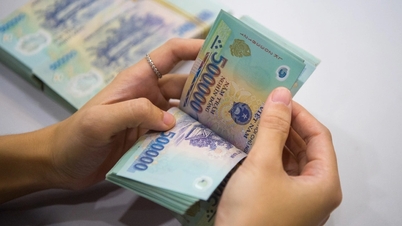



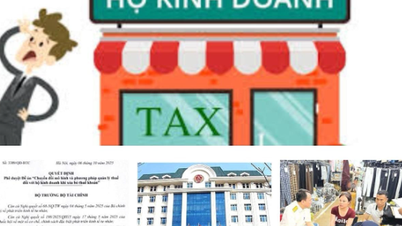

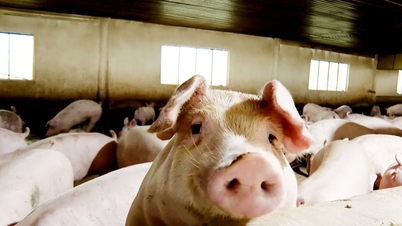

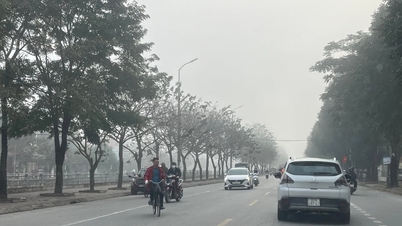




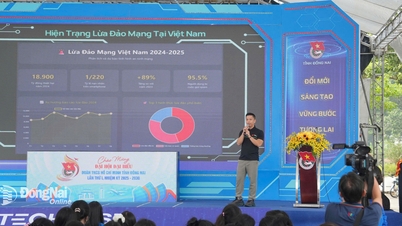
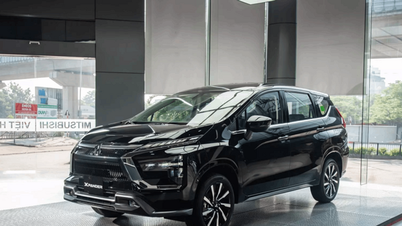










![[Photo] General Secretary To Lam received the delegation attending the international conference on Vietnam studies](https://vphoto.vietnam.vn/thumb/1200x675/vietnam/resource/IMAGE/2025/10/26/1761456527874_a1-bnd-5260-7947-jpg.webp)
![[Photo] Prime Minister Pham Minh Chinh attends the opening of the 47th ASEAN Summit](https://vphoto.vietnam.vn/thumb/1200x675/vietnam/resource/IMAGE/2025/10/26/1761452925332_c2a-jpg.webp)









































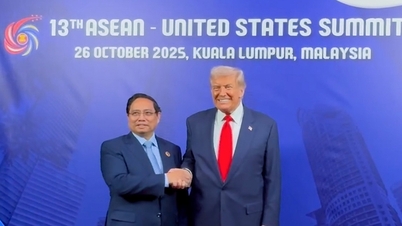
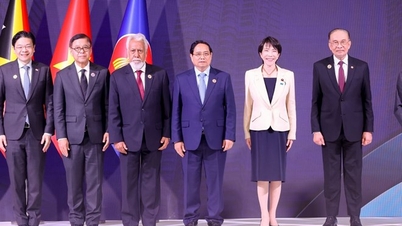

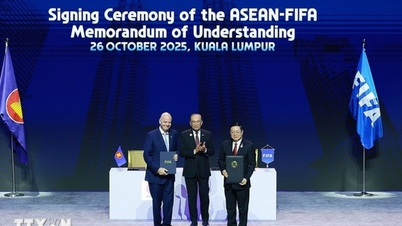

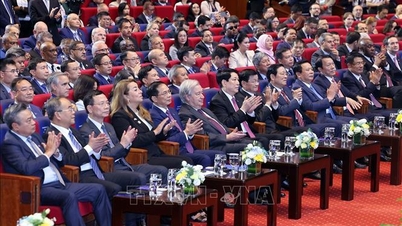

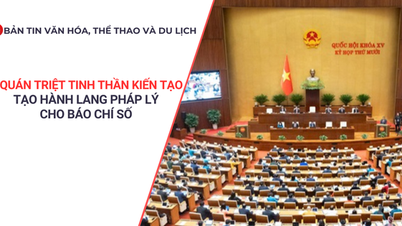

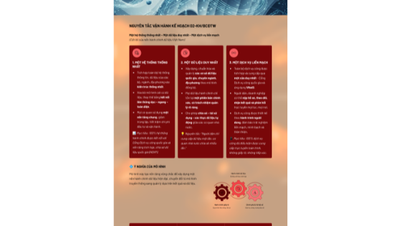

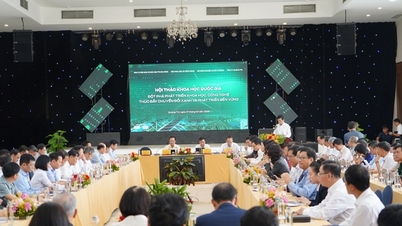


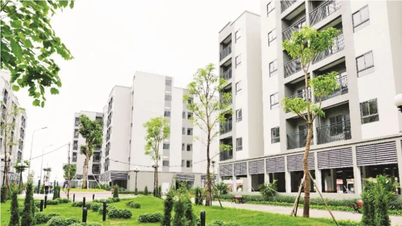




















Comment (0)